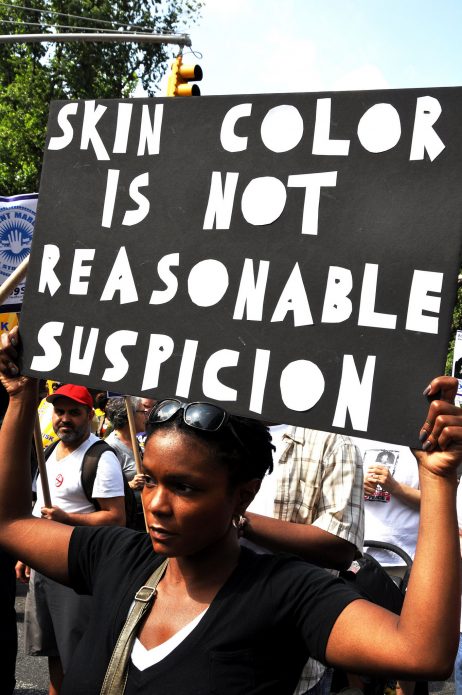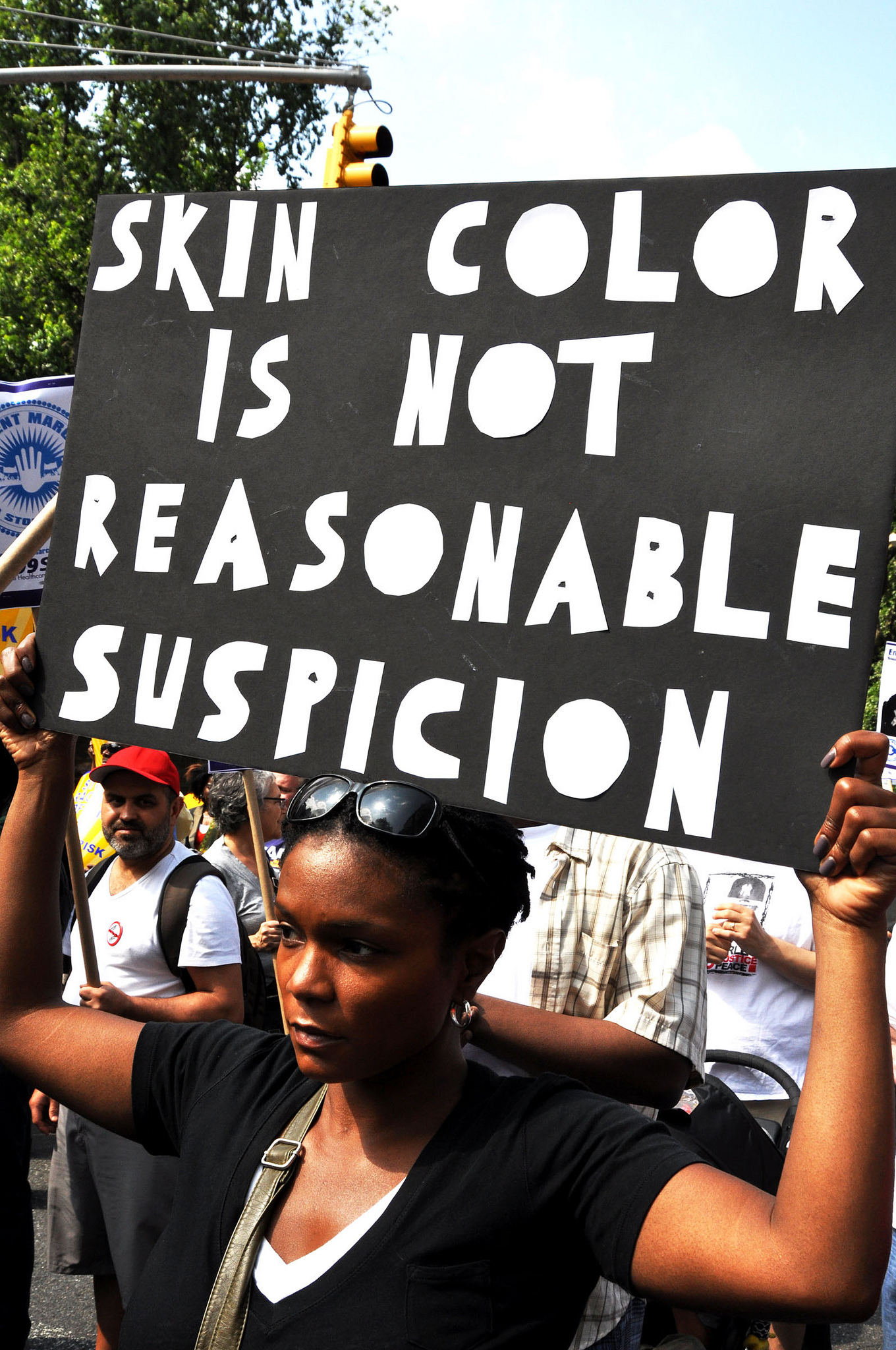
(Photo: Flickr / Michael Fleshman)
You may think that you should be able to leave your home at any time without fear of being stopped and questioned by law enforcement officials for no reason. Maybe you believe the Fourth Amendment protects you from being stopped and searched without cause. Apparently, the U.S. Supreme Court doesn’t believe so.
The high court ruled that if a police officer stops a civilian illegally, or without just cause, and then finds out that the person has an outstanding arrest warrant, then the officer is justified in performing a search and any evidence the officer finds is admissible in court.
The case that brought this ruling about, Utah vs. Strieff, started when Edward Strieff was stopped after leaving a house associated with drug activity. When the officer checked out Strieff’s background, he found an outstanding warrant for a traffic violation. The officer used this violation to justify searching Strieff and then found drugs on Strieff’s person.
With this decision, the Supreme Court appears to be giving law enforcement free rein to persecute people of color without provocation. Apparently, we need only look suspicious—and in cases involving Black people, “suspicious” often means being LGBT, wearing a hoodie, or walking down the street with your friends—to become targets of a stop and frisk search.
…
